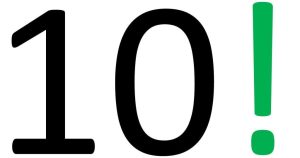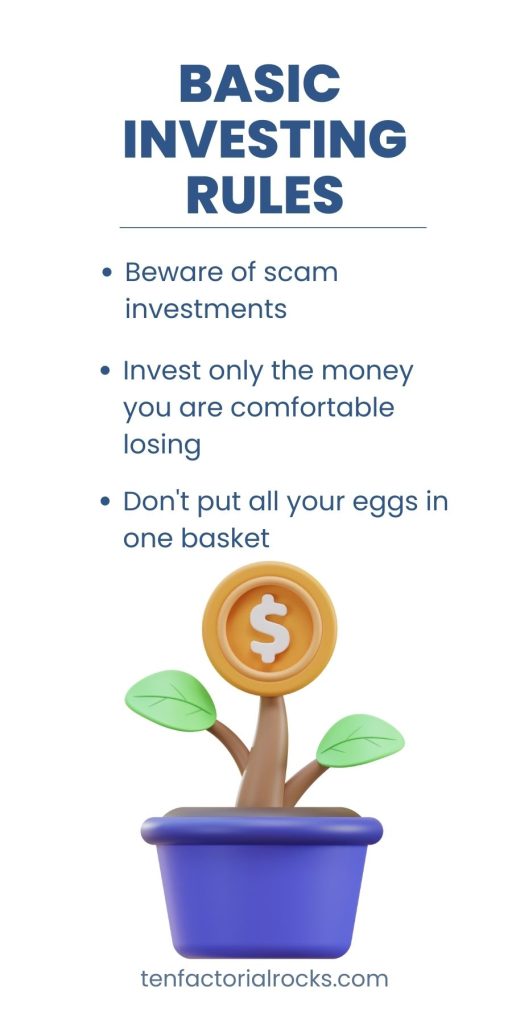Bank statements, those monthly or quarterly snapshots of your financial activity, are more than just records; they are tools that can significantly decrease your financial stress. So, what is a bank statement? Let's explore what a bank statement includes and how utilizing this tool effectively can shield you from unexpected financial troubles.
What Is a Bank Statement?
A bank statement is a document issued by your bank that details all transactions in your account for a specific period, usually a month. This statement lists every deposit, withdrawal, charge, and any fees applied to your account, providing a clear picture of your financial health. Whether you receive this document in paper form through the mail or electronically via email, understanding its contents is crucial for managing your finances effectively.

RDNE Stock project | Pexels | A bank statement is a document issued by your bank that details all transactions in your account for a specific period, usually a month.
How Does a Bank Statement Work
Every bank statement serves as an official record of the financial activity in your account. Arranging transactions in chronological order offers an organized overview that helps you track your financial movements over time. Banks typically provide these statements monthly, though the frequency can vary based on your account activity and the bank's policies. You will receive a statement for that month if you've made any electronic transfers, like ATM withdrawals or direct deposits.
Types of Bank Statements
Many banks provide individuals with the choice of receiving paper or electronic statements, usually via email or paper.
Electronic Bank Statements
Many people opt for electronic statements or e-statements, which banks deliver digitally. This format lets you view your statements online, download, or print them at home. Not only are e-statements convenient and environmentally friendly, but they can also be cost-effective, as many banks waive certain fees if you choose this option.

Firmbee.com | Unsplash | Many people opt for electronic statements or e-statements, which banks deliver digitally.
Paper Bank Statements
Despite the rise of digital banking, paper statements hold value for many customers. They offer a tangible record of your financial history, which can be helpful for those who prefer a physical copy for their records or for specific financial requirements. However, opting for paper statements can incur fees that vary by bank and accumulate over time.
Benefits of Regularly Checking Your Bank Statement
Regularly reviewing your bank statements can safeguard you against numerous financial pitfalls. You can spot any unauthorized transactions, errors, or duplicative charges by checking your statement and addressing them promptly. This habit helps maintain accurate records and protects against potential fraud and overdraft fees, which can arise from overlooked transactions.

Kampus Production | Pexels | By checking your bank statement, you can spot any unauthorized transactions, errors, or duplicative charges and address them promptly.
Analyzing your bank statement can provide insights into your spending habits, helping you make informed decisions about budgeting and saving. Knowing exactly where your money goes each month can reveal unnecessary expenses or opportunities to increase your savings.
The Essential Components of a Bank Statement
Bank statements contain several key pieces of information that help you keep track of your financial status:
- Bank contact information: Useful for any inquiries or issues you need to address.
- Account details: Includes your account number and the type of account (checking, savings, etc.).
- Statement period: Shows the specific dates the statement covers, from the beginning balance to the ending balance.
- Transaction details: This section lists individual transactions, including the date, amount, and recipient, categorized as deposits, withdrawals, fees, or interest earned.
For instance, a typical statement might reflect a starting balance, total deposits added, various withdrawals made, and any fees charged within the statement period, culminating in an ending balance. This detailed breakdown helps you track your financial progress and accurately account for all transactions.
How to Access Your Bank Statement
Accessing your bank statement is straightforward. Most financial institutions offer online banking, where you can log in and view your statements anytime. If you prefer a physical copy, you can request that your bank send your statement directly to your home each month. This flexible process is designed to accommodate your preferred method of financial management.
By making the most of your bank statements, you keep a vigilant eye on your financial health and empower yourself to make smarter financial decisions. Regular reviews allow you to catch discrepancies early, understand your spending patterns, and adjust your financial strategies to better meet your personal and family goals.

